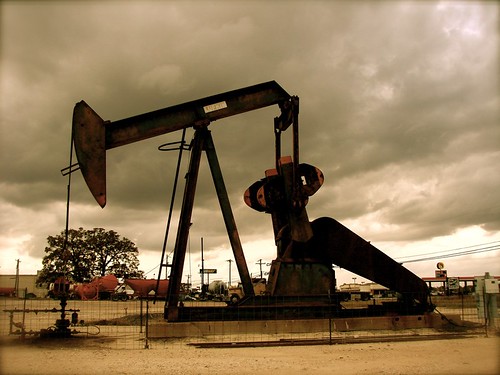 Russia and China seem pretty chummy of late. Both countries essentially head the Shanghai Cooperation Organization – an organization which frightens the West because it promotes cultural, security, and economic cooperation among China, Russia, and Central Asia. In the cultural arena, China has dubbed 2009 the year of the Russian language, and Russia will make 2010 the year of the Chinese language. To promote security, the two countries established a hotline between their heads of state.
Russia and China seem pretty chummy of late. Both countries essentially head the Shanghai Cooperation Organization – an organization which frightens the West because it promotes cultural, security, and economic cooperation among China, Russia, and Central Asia. In the cultural arena, China has dubbed 2009 the year of the Russian language, and Russia will make 2010 the year of the Chinese language. To promote security, the two countries established a hotline between their heads of state.Most recently, the countries displayed extraordinary economic cooperation. Russia secured $25bn in loans from China in return for supplying oil for the next 20 years. This deal is the largest trade financing agreement between the two countries to date: Russia desperately needs money and China desperately needs oil. Everyone’s happy, right?
Not exactly. Days after the historic agreement, a Russian warship opened fire on a Chinese cargo ship and sunk it. The two countries' foreign ministries blame each other. But Clifford Levy of the New York Times actually blames deteriorating bilateral relations. Why?
While both countries enjoy honoring agreements that are mutually beneficial (economic cooperation) or mutually benign (language exchange), Russia and China have a tendency to disregard cooperation when it affects domestic politics. Levy likens the sinking of the Chinese cargo ship to last year’s Russian-Georgian conflict. China didn’t support Russia because Russia recognized the autonomy of South Ossetia, and China didn’t want to encourage Tibet’s or Xinjiang’s calls for autonomy.
What's clear is that Russian-Chinese relations are only as simple as each country’s domestic politics, which is to say they're not all that simple. Notably, Russia and China don’t have an alliance or even an established method to resolve disputes and disagreements. They just have a mechanism for cooperation, which can be honored or ignored at either country’s whim. Hopefully, ignoring the cooperation won't lead to any more drowned sailors.



 Petroleum Intelligence Weekly has published its influential
Petroleum Intelligence Weekly has published its influential 









